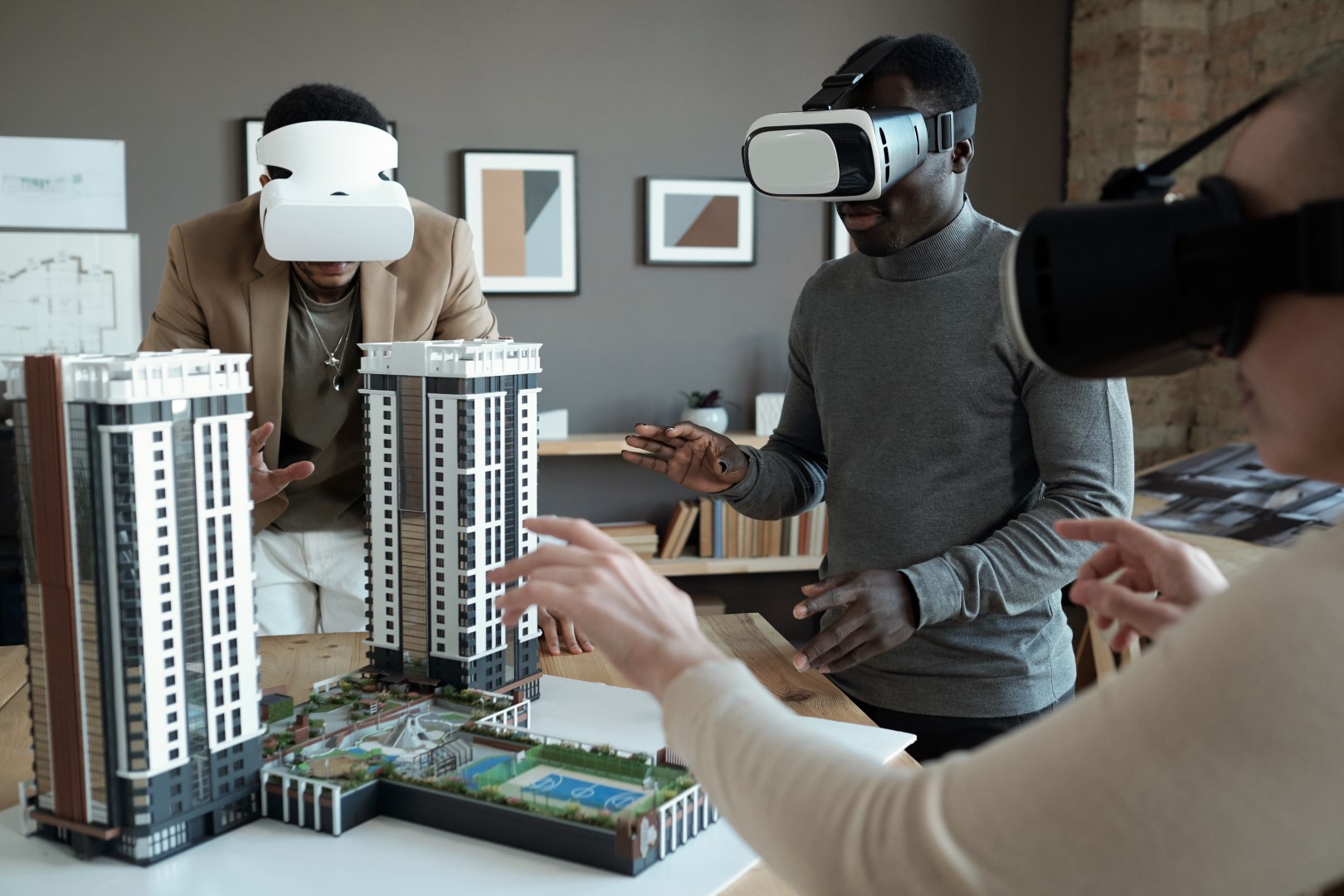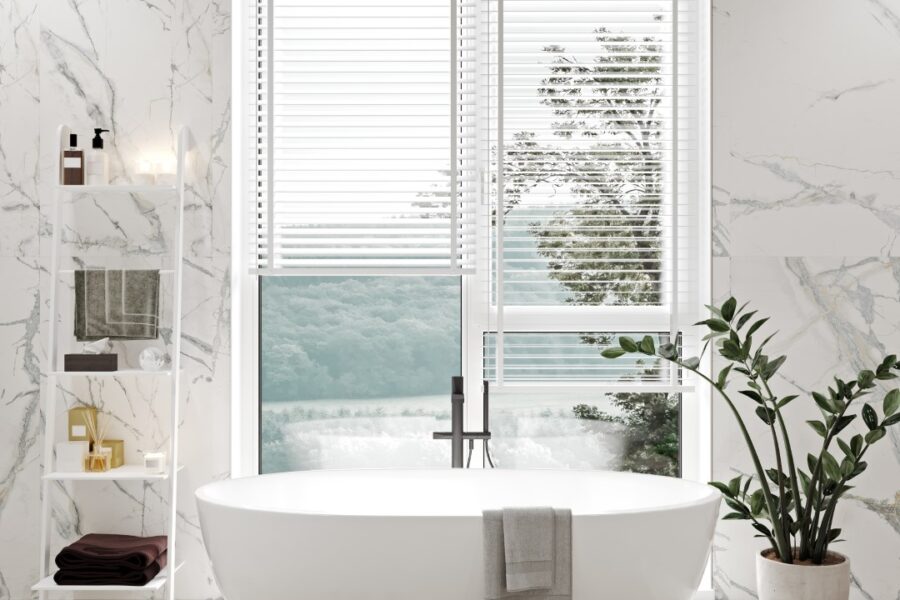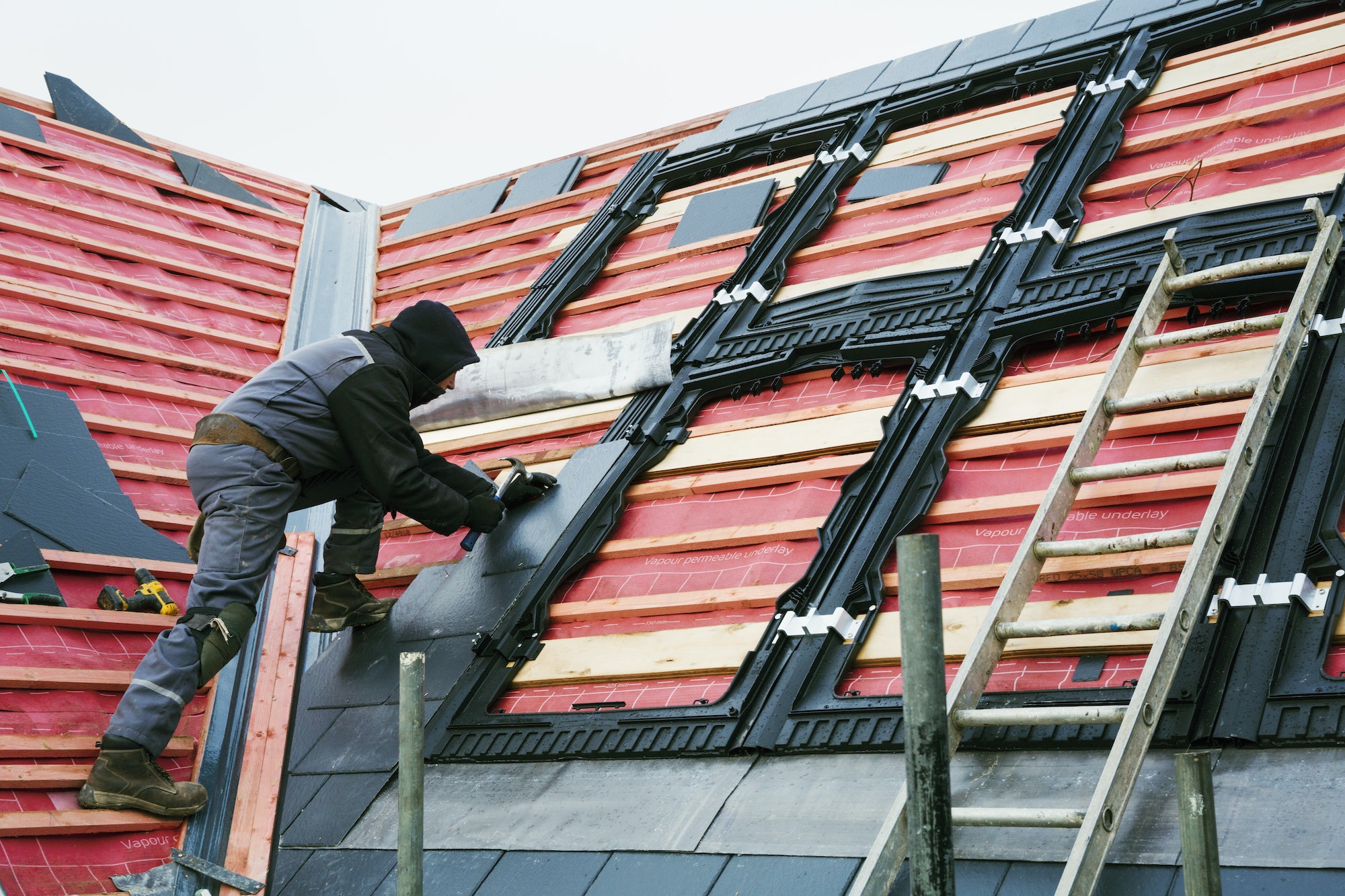Virtual home staging has become a revolutionary force in the real estate industry’s constantly changing landscape. This creative strategy is ushering in a new era of visual marketing by completely changing the way properties are portrayed to prospective purchasers. Traditional staging is becoming obsolete; virtual alternatives, which offer a flexible and affordable substitute, are assuming center stage. In this article, we look at the effects of virtual home staging, how they are changing the real estate industry, and how buyers and sellers make decisions.
The Rise of Virtual Home Staging
In the real estate industry, virtual home staging has become quite popular and is bringing about a digital revolution in how properties are presented. This creative solution gets beyond the drawbacks of conventional staging techniques thanks to cutting-edge technology. Virtual staging, which is less expensive and more aesthetically pleasing than real staging, uses advanced software and excellent photography to digitally equip empty places. The increasing acceptance of virtual staging real estate services may be attributed to its cost-effectiveness, which mitigates the budgetary limitations of conventional techniques. Virtual staging also becomes a crucial tool in bringing in prospective buyers as internet platforms take over the real estate search environment, helping listings stand out in a crowded digital market.
Essentially, the development of Virtual Home Staging represents a revolutionary change in real estate marketing, altering the way homes are shown and seen in the dynamic market.
Cost-Effective Solutions for Property Presentation
Virtual home staging offers an affordable and effective method of presenting properties, heralding a revolution in the real estate industry. This creative idea defies conventional staging conventions, especially because it significantly lowers costs associated with actual furniture and hiring experienced stagers. Virtual home staging, which uses cutting-edge technology to virtually decorate places, is at the vanguard of this change. There are two financial advantages: it allows for optimal resource allocation and does away with the need for pricey furniture rentals and transportation. This implies that in the ever-changing environment of property presentation, cost-effective solutions become a desirable option for real estate agents looking to improve a home’s market appeal without going over budget. This focus on affordability fits well with the changing demands of buyers and sellers in the constantly shifting real estate market, as well as emerging industry trends.
Flexibility Redefined: Virtual vs. Traditional Staging
The contrast between virtual and traditional staging in real estate indicates a radical change in how properties are presented. Virtual staging, powered by cutting-edge technology, offers unmatched versatility by enabling quick adjustments and experimentation with a variety of design aspects to suit a wide range of customer preferences. This dynamic technique simplifies the presenting process, which is lacking in older approaches that pose logistical issues. The visual attractiveness of virtual staging is enhanced by its capacity to provide several design possibilities for the same area, which distinguishes it from physically staged counterparts. The industry’s adoption of this revolutionary adaptability is indicative of a larger movement in favor of creative and flexible approaches to efficient real estate marketing.
Impact on Homebuyer Decision-Making
One important factor changing the real estate market’s dynamics is the effect that virtual house staging has on buyers’ decision-making. Virtual staging is essential for influencing consumer preferences and impressions at a time when digital encounters shape purchasing decisions. Virtual staging gives prospective buyers an immersive experience by presenting visually appealing images of properties, which enables them to see a space’s full potential. Showcasing several configurations and design alternatives facilitates decision-making and gives consumers the information they need to make well-informed decisions that suit their preferences and interests. In essence, virtual staging creates a bridge between the imaginary and the actual world, greatly impacting the emotional bond that influences the decisions of prospective homeowners.
Navigating the Future: Trends in Virtual Home Staging
A thorough understanding of new developments in Virtual Home Staging is essential to navigating the future of real estate presentation. Virtual staging methods are also evolving in tandem with technology. Combining virtual reality (VR) and augmented reality (AR) technology to provide prospective customers with an even more immersive experience is one popular trend. With the aid of these technologies, prospective buyers may virtually “walk through” a house and examine every inch of the premises before paying a visit. Furthermore, virtual staging services are starting to use the trend of hyper-personalization by customizing designs to suit the interests of individual buyers. Future developments are expected to bring greater personalization and compelling interactions with potential properties, in addition to improved visual experiences.
Final Thoughts
In conclusion, virtual home staging’s adaptability, affordability, and immersive technology are redefining the real estate industry. Future developments like augmented reality and hyper-personalization promise to completely change the way that properties are presented, thus it will be increasingly important for experts in the field to adjust and remain competitive.
Discover more from Futurist Architecture
Subscribe to get the latest posts sent to your email.



